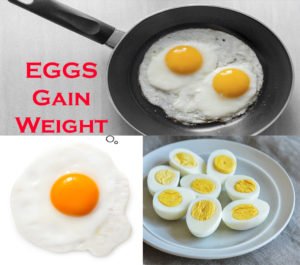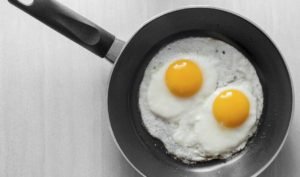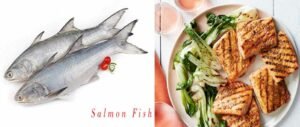Diet plan to gain weight Meal 3
We have said in our previous Diet Plan to GAIN WEIGHT | Meal 01 and Diet Plan to GAIN WEIGHT | Meal 02
Eat More Calories Than Your Body Burns
The most Important to Gain Weight is to consume more amount of Calories then that you need.
If you want to gain weight fast, then aim for something like 700-1000 calories above your maintenance level.
1. Potatoes and Starchy vegetables Diet plan to gain weight
Potatoes and other foods like starchy foods are very easy to make and cheap vegetable available way to add in extra calories in your diet plan.
Try to choose one of these healthy sources of starchy carbs:
- Quinoa
- Oats
- Corn
- Buckwheat
- Potatoes and sweet potatoes
- Squash
- Winter root vegetables
- Beans and legumes
Not only do potatoes and other starches add carbs and calories to help you gain weight — but they also increase your muscle glycogen stores.
Glycogen is the predominant fuel source for most sports and activities.
Many of these carb sources also provide important nutrients and fiber, as well as resistant starch, which can help nourish your gut bacteria
Nutritional Value of Potato to gain weight. Per 100 gm
Calories: 77 g
Total Fat: 0.1 g
Sodium : 6 mg
Potassium : 421 mg
Total Carbohydrate: 17 gm
Fiber: 2.2 g
Protein: 2 g
vitamin C: 32%
vitamin B-6: 15%
iron: 4%
Calcium: 1%
Magnesium: 5 %
2. Whole Eggs Diet plan to gain weight
Eggs must be included in the diet plan to gain weight
Eggs Will Also help you in gaining weight as it contains a good amount of Calories and protein so always add some amount of eggs in diet plan to gain weight.
The perfect protein, but their ability to boost lean muscle and strength gains isn’t due to just the protein alone. It gets a lot of help from the yolks, where the cholesterol is found. If you’re worried about your cholesterol shooting up from eating the yolks, cholesterol from eggs has been shown to decrease the amount of LDL (bad) cholesterol particles associated with atherosclerosis.
Eggs are a very good source of inexpensive, high-quality protein. More than half the protein of an egg is found in the egg white along with vitamin B2 and lower amounts of fat and cholesterol than the yolk. The whites are rich sources of selenium, vitamin D, B6, B12 and minerals such as zinc, iron, and copper.
How to Cook Eggs

You can either cook the egg as boiled or fried
Boiled
- Fill small saucepan three-quarters full with water and bring to a boil.
- Using a spoon, gently slide in the egg and set your timer.
- Keep an eye on the water while the egg cooks, and try to maintain a soft boil.
- When the timer goes off, remove the egg to an ice water bath for one minute to stop the cooking.
- Crack, peel, and enjoy.

Fried
- Heat olive oil in a small, non-stick pan over medium heat.
- Crack the egg directly into the pan and season generously with salt and pepper.
- Continue cooking the egg over medium heat for about three minutes, or until the white is set and slightly crispy around the edges, but the yolk is still quite runny.
3. Salmon and Oily Fish in Diet plan to gain weight
Like red meat, salmon and oily fish are excellent sources of protein and important healthy fats.
Out of all the nutrients that salmon and oily fish provide, omega-3 fatty acids are among the most significant and well known.
They offer numerous benefits for your health and fight diseases.
Just one 6-ounce (170-gram) fillet of salmon provides around 350 calories and 4 grams of omega-3 fats. The same serving packs 34 grams of high-quality protein, helping you build muscle or gain weight

Nutritional Value of Salman Fish to gain weight. Per 100 gm
Calories: 208g
Total Fat: 13 g
Sodium : 59mg
Potassium : 363 mg
Total Carbohydrate: 0 gm
Fiber: 2.2 g
Protein: 20 g
vitamin C: 6%
vitamin B-6: 30%
iron: 1%
Calcium: 0%
Magnesium: 6%